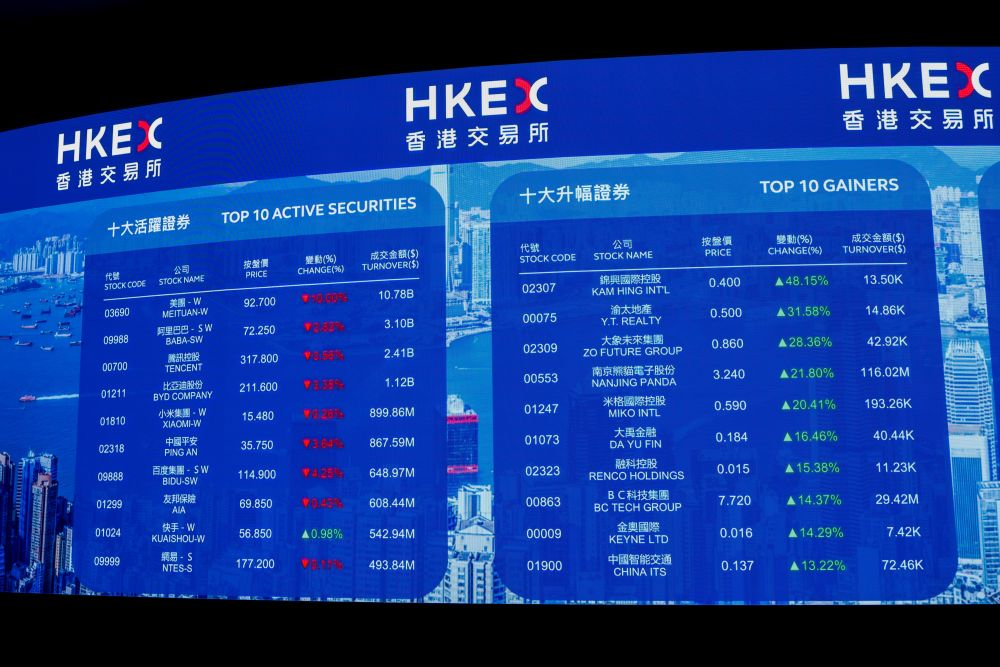SHENZHEN-based telecoms company ZTE is feeling the pressure after the US Department of Commerce activated a suspended denial order, which will stop US companies supplying chips and software to ZTE fiber optic networks and smartphones.
The denial order had been suspended during negotiations between ZTE and the US Government about alleged violation of trade embargos of partially US-made equipment to Iran and North Korea.
ZTE settled that dispute and paid a US$1.19 billion fine. But the Department of Commerce now alleges that ZTE made false statements to the Department's Bureau of Industry and Security (BIS) during the investigation process. On April 15 Richard R Majauskas, acting assistant secretary of commerce, signed an order to activate the denial order.
As a result, ZTE, one of China’s largest manufacturers of telecommunications equipment, will no longer be able to obtain US-made goods or software without special permission. This denial means that ZTE may not, directly or indirectly, participate in any way in any transaction involving any commodity, software or technology exported or to be exported from the United States that is subject to the order. The order lasts for seven years unless the matter can be resolved.
In its response, a statement from ZTE said that the denial order will not only severely impact the survival and development of ZTE, but will also cause damage to partners of ZTE, including a large number of US companies.
ZTE said that since April 2016 it has been making changes to its export control compliance processes, reflecting on lessons from its past experience. It has established a Compliance Committee led directly by its CEO and built a global team of experienced export control compliance experts. In 2017 alone it had invested over US$50 million in its export control compliance program and is planning to invest more resources in 2018.
“ZTE has been working diligently on export control compliance programme and has invested tremendous resources in export compliance and has made significant progress since 2016,” the statement says. It adds that it is unacceptable that BIS insists on unfairly imposing the most severe penalty on ZTE even before the completion of investigation of facts, ignoring the work of ZTE and the progress it has made on export compliance.
It also disregards the fact that (1) ZTE self-identified the issues in the correspondence and self-reported by ZTE immediately; (2) ZTE has taken measures against the employees who might have been responsible for this incident; (3) corrective measures has been taken immediately; and (4) a US law firm has been engaged to conduct independent investigation.
ZTE said that it will not give up its efforts to resolve the issue through talks, adding that it is also determined, if necessary, to take judicial measures to protect the legal rights and interests of their company, employees and shareholders, and to fulfill obligations and take responsibility for their global customers, end-users, partners and suppliers.
Acacia Communications, an optical networking communications company, makes around 30% of its revenue from sales to ZTE, according to its 2017 annual report. In a recent statement, Acacia said that it is aware of the recent announcement from the US Department of Commerce. “Acacia is taking steps to suspend affected transactions and is assessing the impact of these developments on Acacia”, the company said. Acacia’s shares were trading at US$45 in March but have since slumped to US$28.
ZTE is also under pressure from the UK government, where the National Cyber Security Centre (NCSC), has warned UK telecoms firms that the use of ZTE equipment or services pose a risk to national security.
An NCSC statement said that Dr Ian Levy, the technical director of the NCSC, is writing to telecommunications organizations regarding the potential use of ZTE equipment and services in the UK telecommunications infrastructure environment. He cautions against the use of the Chinese state-owned company's services and products, saying that the NCSC assesses that the national security risks arising from the use of ZTE equipment or services within the context of the existing UK telecommunications infrastructure cannot be mitigated.
Photo: Karlis Dambrans









